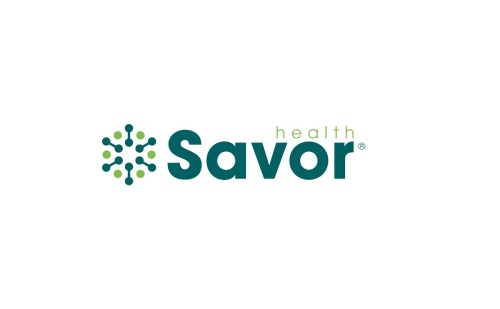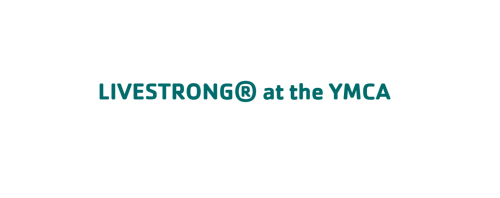Nutrition, Exercise and Weight
Nutrition, Exercise and Weight
Eating a well-balanced diet, exercising on a regular basis and maintaining a healthy body weight have many health benefits. All three factors have been linked to better overall health and better outcomes related to cancer. This applies to people diagnosed with cancer and those who are at increased risk due to an . Balanced diet, exercise and ideal body weight are important strategies for staying healthy, but you should never rely on them alone to treat or prevent cancer. Speak with your health care provider before making changes to your diet or exercise routine.
Experts, including the National Comprehensive Cancer Network (NCCN), American Cancer Society (ACS), American Institute for Cancer Research (AICR), and Centers for Disease Control and Prevention have guidelines on nutrition, exercise and ideal body weight relative to cancer risk, treatment and survivorship. Below is an overview of the recommendations across different expert groups.
Nutrition
Consume a healthy diet with an emphasis on plant-based foods
- Limit the amount of processed and red meats:
- Eat at least 2.5 cups of vegetables and fruits a day.
- Chose whole grains instead of refined grain products.
- Limit intake of refined sugar
- Drink no more than 1 alcoholic drink per day (women).
- Consider referral to a registered dietitian.
Supplements
- Experts do not recommend supplement use for most survivors, except in instances of documented nutritional deficiencies, inadequate diet, or other indications (eg., ).
- Survivors of certain cancers (eg., gastrointestinal cancers) may be at risk for vitamin deficiencies based on their cancer treatment. Deficiencies should be asessed and addressed as needed.
- Little data exist to support the use of vitamins or other dietary supplements for the purposes of cancer control, recurrence, or prevention.
- Taking vitamin supplements does not replace the need for a healthy diet. All efforts should be made to obtain nutrients from food and beverages.
- AICR recommends that people try to meet their nutritional needs through a healthy diet. They do not discourage people from taking a multivitamin supplement, but they warn people not to rely on supplements alone to protect from cancer.
Exercise
- Stay physically active.
- Get at least 150 minutes of moderate intensity or 75 minutes of vigorous intensity activity each week.
- Include two to three sessions per week of strength/resistance training that include major muscle groups
- Engage in some general physical activity daily (eg., taking the stairs, parking in the back of parking lot)
- physical activity includes exercise, daily routine activities, and recreational activities
- Avoid prolonged sedentary behavior (eg. Sitting for long periods).
Weight
Certain types of cancer, treatment or surgery can affect appetite and lead to weight loss or poor nutrition. Hormonal therapies and early menopause may cause weight gain. To maintain an ideal body weight, experts recommend:
- Balance what you eat with your physical activity to avoid unwanted weight gain or loss.
- Consult with a registered dietitian to assure that you are receiving the right amount of nutrients in your diet.
Weight gain can be common side effect from treatment or from early-onset menopause. For weight loss, experts recommend:
- Replace foods that are high in calories with low-calorie, nutritious foods.
- Practice portion control by using smaller plates and avoiding extra servings.
- Track diet, calories and physical activity routines.
In the News
Nutrition and Exercise Resources



The following resources can help you locate a nutritionist near you or via telehealth
Finding nutritionists
- You can find a registered dietician in your area through Eatright.org, the website for the Academy of Nutrition and Dietetics. Search for nutritionists by specialty, including "cancer," "weight management" and "heart health."
Related experts
- The Livestrong at the YMCA program includes a free 12-week membership and fitness training with certified exercise experts. You can search by zip code for a program near you.
Other ways to find experts
- Register for the FORCE Message Boards and post on the Find a Specialist board to connect with other people who share your situation.
- The National Cancer Institute (NCI)-Designated Comprehensive Cancer Centers have specialists to manage the symptoms and side effects of cancer prevention or treatment.
- FORCE partners with Savor Health® to provide free, personalized, evidence-based nutrition support 24/7 and “on-demand" through their text-based Intelligent Nutrition Assistant (Ina®). You can subscribe here.




